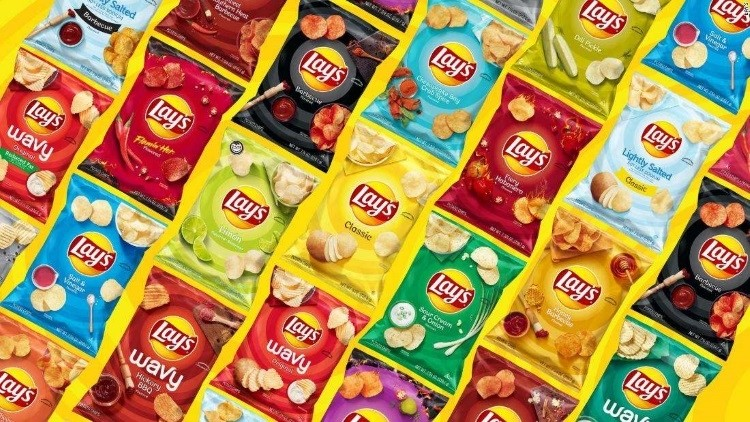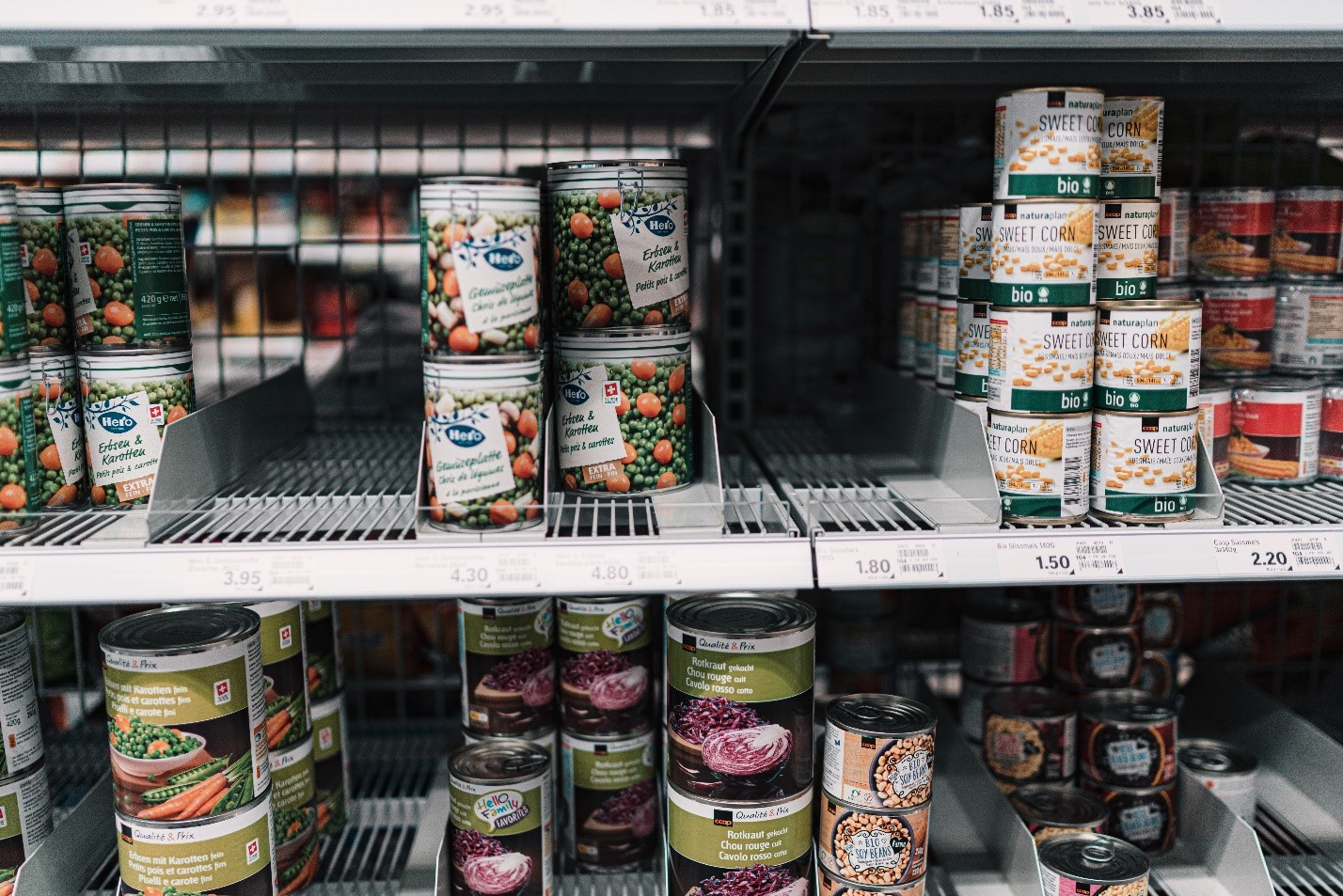After a dramatic few months of stockpiling and panic buying groceries, the shopping habits of Americans have somewhat eased up. Now, America’s packaged food companies are the ones stocking up. Businesses are spending more on oats, sugar and other raw materials so they can maintain production in the event of a second wave of COVID-19, which would further disrupt supply lines and hold back imports.
One company taking part is Campbell Soup Co., which is buying more ingredients thanks to increased demand for pantry staples. But it’s not just large companies that are being cautious. Bobo’s, a Boulder, Colorado-based producer of snack bars and toaster pastries, is currently buying about 50 percent more of its main ingredients, including organic oats, sugar and coconut oil, affording it an extra 90 days to solve any potential supply-chain issues.
Related: Top Five Largest Food Companies in 2020
For years, food companies built up just-in-time inventories, which minimize storage costs. But this change represents a striking shift and underscores the lessons that were learned after the pandemic upended supply chains and resulted in shortages of certain ingredients. To help guarantee they can meet demand from retailers, food companies are bringing in more raw materials and packaging.
Before COVID-19, companies had turned to new, experimental products, such as Kraft Heinz Co.’s mayochup, to create buzz. But innovation in the industry and new product creation may be put on hold as more money is tied up in acquiring physical goods.
Whether cooler weather will cause coronavirus infections to spike again is a question weighing on the minds of consumers and scientists alike, as it could potentially create another boom in grocery demand. China, South Korea and Hong Kong have already experienced second waves of the virus, and the US could face the same reality.
Another company buying more inventory than before is Saffron Road, which makes frozen beef bulgogi meals and chickpea masala meal pouches. It also has plans to boost purchases even more later in the year which is a risk in terms of cash flow, but worth taking amid a surge in demand.
San Francisco-based canned coffee startup Taika has loaded up on a plant-derived ingredient called ashwagandha powder. The company uses the powder in its coffee, but it has been in limited supply recently because it’s sourced from India. Taika is now holding twice as much of its normal supply because of lockdowns limiting the producer’s ability to ship.
Campbell has stocked up on certain ingredients to make sure it doesn’t run out after experiencing a surge in demand for pantry staples including Prego pasta sauce and Kettle potato chips. The company now sees sales from continuing operations rising as much as 6.5 percent this year, and its betting consumer demand will remain high.
Higher demand is likely to persist as the pandemic will continue to cause radical transformations across industries until a vaccine or treatment is developed.








Join or login to leave a comment
JOIN LOGIN